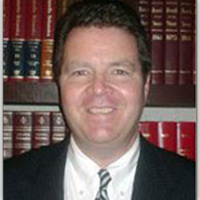Delray Beach Criminal Lawyer, Florida
Sponsored Law Firm
-
 x
x

Click For More Info:
-
Law Office of Mark S. Guralnick
55 Madison Avenue 4th Floor Morristown, NJ 07960» view mapCriminal Defense Law Dedicated. Fearless. Successful.
Mark S. Guralnick and his legal team have helped clients throughout the USA and across the world by applying unparalleled dedication and hard work to each case.
800-399-8371
Myles Brian Schlam
✓ VERIFIEDMyles Schlam is a practicing lawyer in the state of Florida. He received his J.D. from St. Thomas University School of Law in 2002.
Dan W. Moses
✓ VERIFIEDDan Moses is a practicing lawyer in the state of Florida. Attorney Moses received his J.D. from Stetson University in 1986.
Charles B. Mead
✓ VERIFIEDSouth Florida attorney Charles Mead has spent two decades defending men and women who found themselves in desperate situations with few foreseeable al... (more)
FREE CONSULTATION
CONTACT Mark Guralnick Morristown, NJ
Mark Guralnick Morristown, NJ AboutLaw Office of Mark S. Guralnick
AboutLaw Office of Mark S. Guralnick Practice AreasExpertise
Practice AreasExpertise



